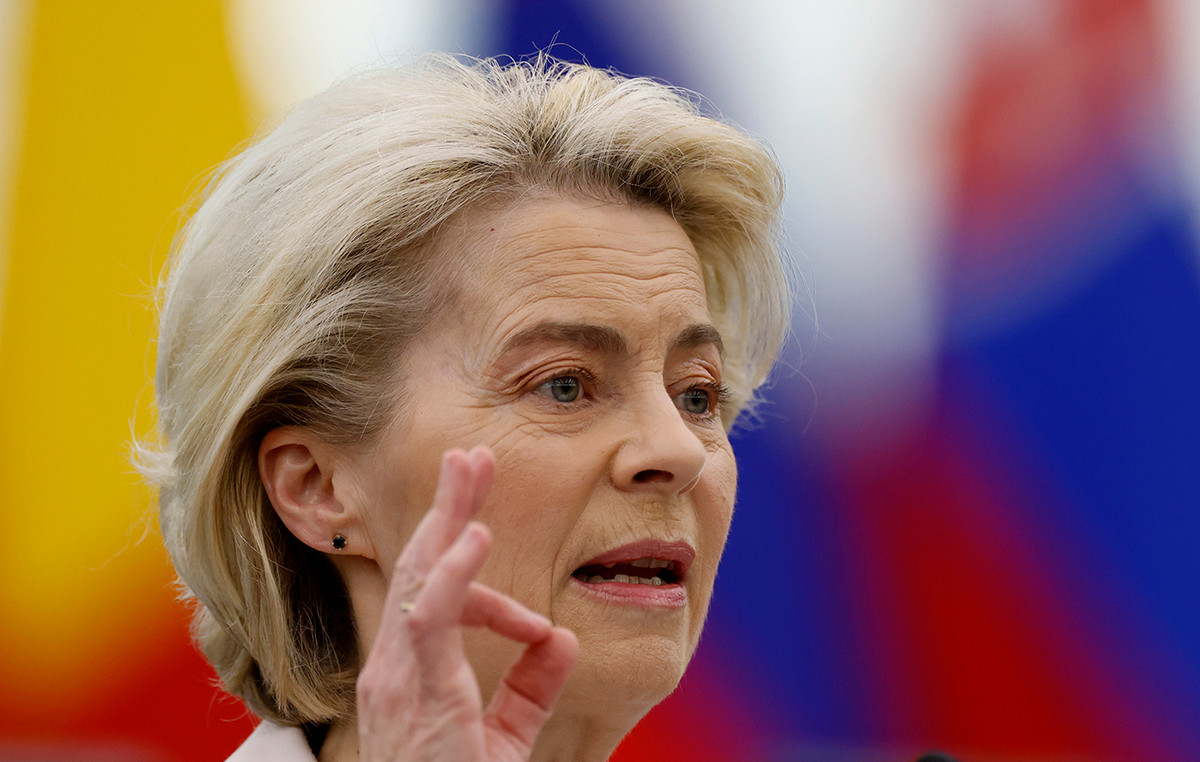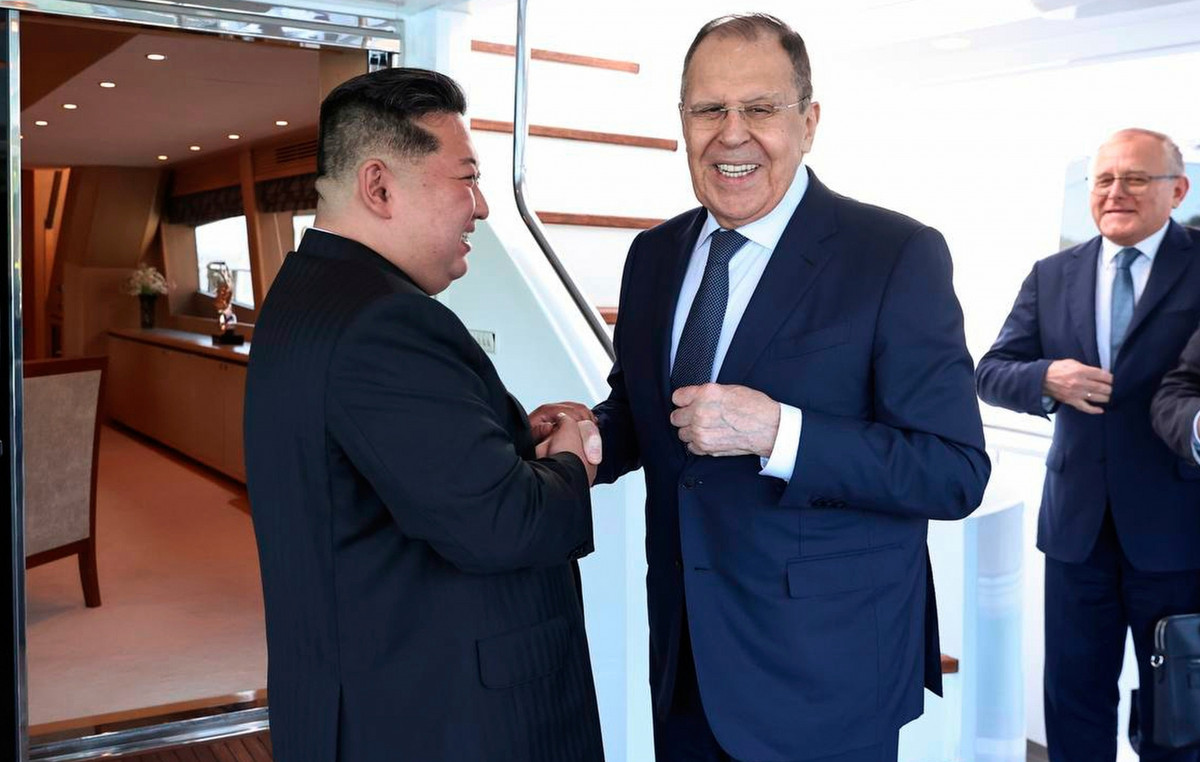When Amazon’s Kindle e-readers went on sale in China, the world was different.
The year was 2013, and the idea that a virus would be able to put billions of people under quarantine was as remote as the same zombie attack narratives reported in e-books.
Almost ten years later, that same remote possibility is one of the reasons that led Amazon to suspend sales of the e-reader throughout China. Since last Thursday (2), retailers in the world’s second largest economy have stopped receiving new devices for sale, and by the end of June next year, the Kindle store is expected to close.
The movement to suspend partial operations there is not restricted to Amazon: it is, in fact, a collective phenomenon of North American giants that are ceasing to offer part of their services to the Chinese market. The package includes the hosting company Airbnb, which will stop providing listings for accommodations in the territory of China, and Nike, which will deactivate the Run Club app from July 8.
In addition to them, LinkedIn, a social network linked to Microsoft, and Yahoo stopped operating there in 2021.
“These are firms that are partially leaving the Chinese market in a global context of intensified competition and operations”, says Isabela Nogueira, professor at the UFRJ Institute of Economics and coordinator of LabChina (Laboratory of Studies in Political Economy of China), nucleus also linked to the Federal Fluminense.
“Three structural elements underpin this ‘stampede’, the first being, without a doubt, the coronavirus pandemic.”
According to the professor, the way in which China has dealt with the pandemic in recent months – a policy known as “Covid-zero”, which institutes strict lockdowns to contain the spread of the virus – is one of those responsible for creating a climate of pessimism in the country. country’s economy.
“What was supposed to be an 8-day lockdown in Shanghai, the country’s largest financial center, lasted 2 months. In response, some of China’s main economic indicators plummeted, such as the level of industrial production, employability and retail sales”, says Nogueira. “China is experiencing today what the whole world, with the exception of it, experienced in 2020.”
And there’s still the war factor in Ukraine: with supply chains more suffocated because of the conflict in Eastern Europe, and even a distrust of the relationship between Russia and China, the prognosis is not the best.
The scenario makes companies, especially multinationals, put the cost-benefit of certain operations at the tip of the pencil — account that considers, mainly, the regulatory scrutiny instituted on large technology companies, the so-called Big Techs, by the Chinese government.
This increase in restrictive regulations on companies in the technology sector is the second structural factor to which Isabela refers, and which Lívio Ribeiro, an associate researcher at the Brazilian Institute of Economics at the Getúlio Vargas Foundation (FGV-IBRE), says is a “reminder of the how heavy can the hand of the Chinese government be.”
“I say ‘reminder’ because it has always been there, but it has intensified from the last year onwards. Companies are remembering that they are subject to unilateral and unannounced regulatory changes, which push them into a scenario of great instability”, says Ribeiro.
The amount of regulations makes companies not operate in the way they consider satisfactory. This is added to the cloudy scenario of the Chinese economy and the result is the “readjustment of the strategic focus of certain operations” — a more polite way of saying that certain services are no longer worthwhile.
Today, Chinese cities experience the famous “open-and-close” seen in 2020 and 2021. After two months under lockdown, there has been a timid movement of reopening activities that has reheated the economy.
But on Thursday (9), both Shanghai and the capital Beijing received a new alert of Covid-19 transmissions, prompting parts of China’s largest centers to adopt lockdown restrictions again.
“There’s a sword hanging over the heads of multinationals right now. Can you guarantee that restrictions will not fully return and that the economy will recover rigorously? No,” says Ribeiro. “It is a time of great uncertainty.”
China vs. United States: clash of the titans
If there’s one thing that links Nike and Microsoft apart from the size of their operations, it’s the place of origin: the United States. All the companies that, so far, have reported partial exits from China have American DNA — a sign that cannot be ignored in the face of growing geopolitical opposition between the two countries.
This, according to analysts, is the third factor that may be behind the “readjustment of the strategic focus”.
“A trade-technological war is underway between China and the United States, and whoever wins will have control over crucial technologies of what they call the 4th Industrial Revolution, which puts data and analytical intelligence in focus”, says Isabela.
“Big Data is today the new oil.”
It is curious, in the professor’s view, that Nike, for example, has suspended an application that monitors running habits and very personal information of Chinese runners, such as routes, average speed, exercise frequency.
“Not allowing China to have access to this volume of information is also a control strategy”, he says.
“By limiting partial operations, companies are sending a message to the Chinese government: we are dissatisfied with the way the band has been playing, and if they keep regulating us like this, we will keep going out.”
At the same time, from a business point of view, it means a huge loss of consumer market — something that Ribeiro considers to be China’s great bargaining chip.
According to him, at the end of the day, the balance is profit or loss, and turning your back on a consumer market of 1.5 billion people is not an easy decision.
“Sometimes I think we have an overly benign Western view, in the sense that maybe the Chinese government cares too little about partial exits from operations. He knows he’s sitting on top of 1.5 billion potential consumers, and that’s a market you can’t miss,” he says.
“For the Chinese consumer market, losing a Kindle or a Run Club means nothing. China has its own versions of services. Our Uber, for example, is their Didi, their WhatsApp is WeChat. They do just fine without our apps.”
Anyway, there is a consensus among them: it doesn’t end here.
*Under supervision of Ana Carolina Nunes.
Source: CNN Brasil
I’m James Harper, a highly experienced and accomplished news writer for World Stock Market. I have been writing in the Politics section of the website for over five years, providing readers with up-to-date and insightful information about current events in politics. My work is widely read and respected by many industry professionals as well as laymen.







